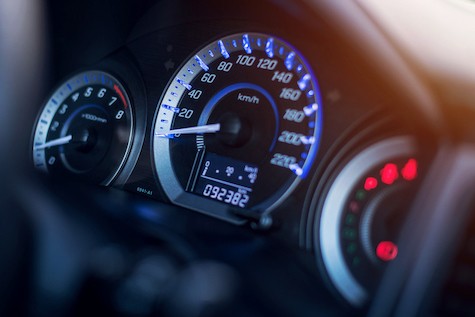
.
Only individuals, including sole traders, or partnerships (where at least one partner is an individual) can use the cents per kilometre method. So if you operate your business through a company or trust, the business will have to use the actual costs method to claim car and vehicle running expenses.
The cents per kilometre rate takes into account all your car running expenses (including registration, fuel, servicing and insurance) and depreciation.
To work out how much you can claim, you simply multiply the total work/business kilometres you travelled by the appropriate rate. The rate for the 2022–2023 tax year is 78 c/km, and the rate for the 2023–2024 tax year is 85 c/km.
Importantly, you can’t claim more than 5,000 work/business kilometres per car, per year using this method – if you use your car for more than 5,000 kilometres a year for work or business, you need to use the logbook method to calculate your deductible car expenses.
You don’t need formal written evidence to show exactly how many kilometres you travelled, but if you use the same vehicle for both work/business and private use, you must be able to correctly identify and justify the percentage that you claim for work/business. You can’t claim a deduction for the private use. You can use a logbook or diary to record private versus work/business travel.
Travelling between your home and your place of work/business is considered private use, unless your home is considered your place of work, or you operate a home-based business, and your trip was for work/business purposes.
Acctweb
20th-November-2023 | 
